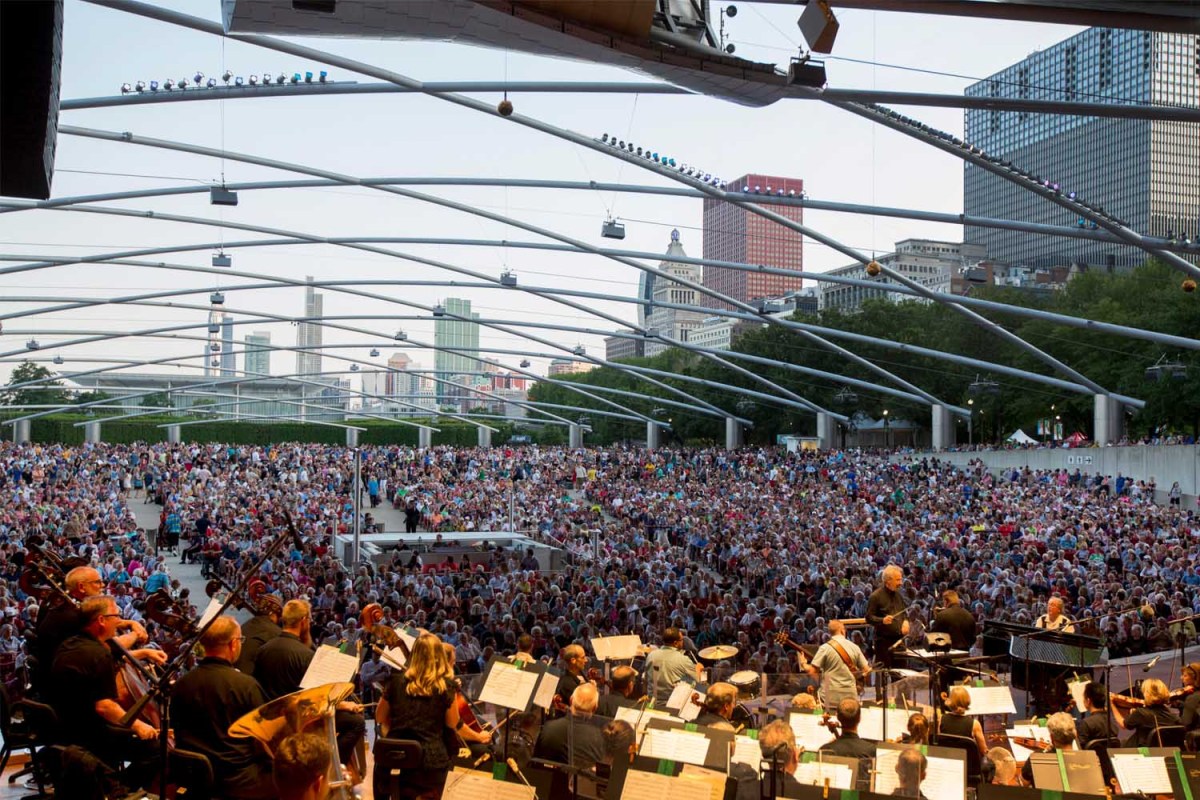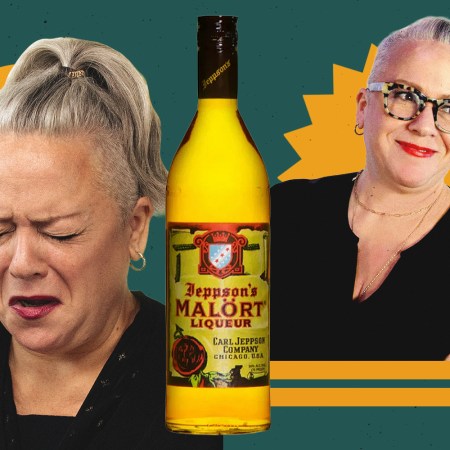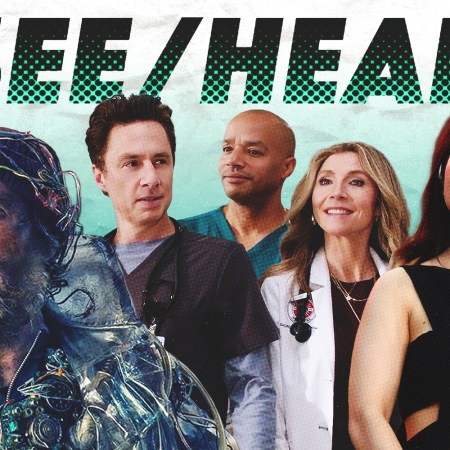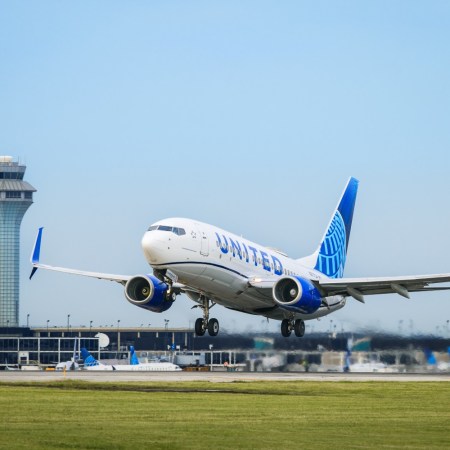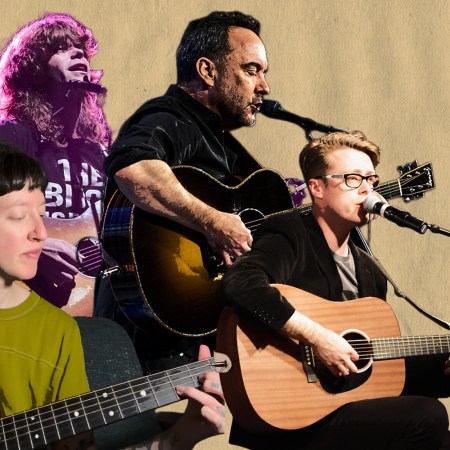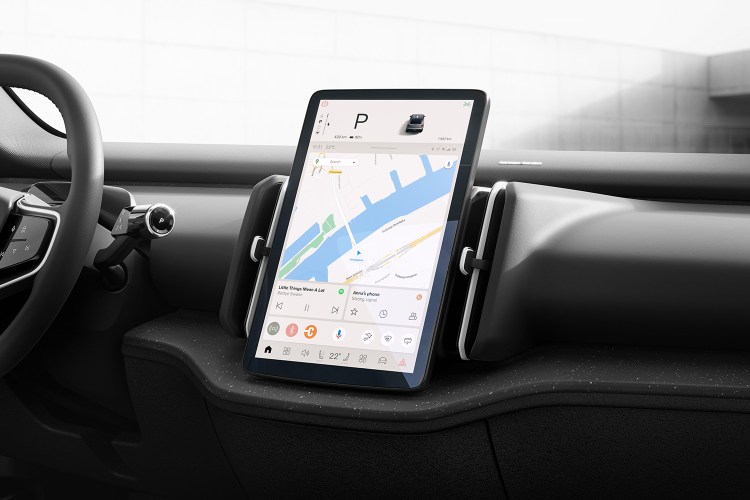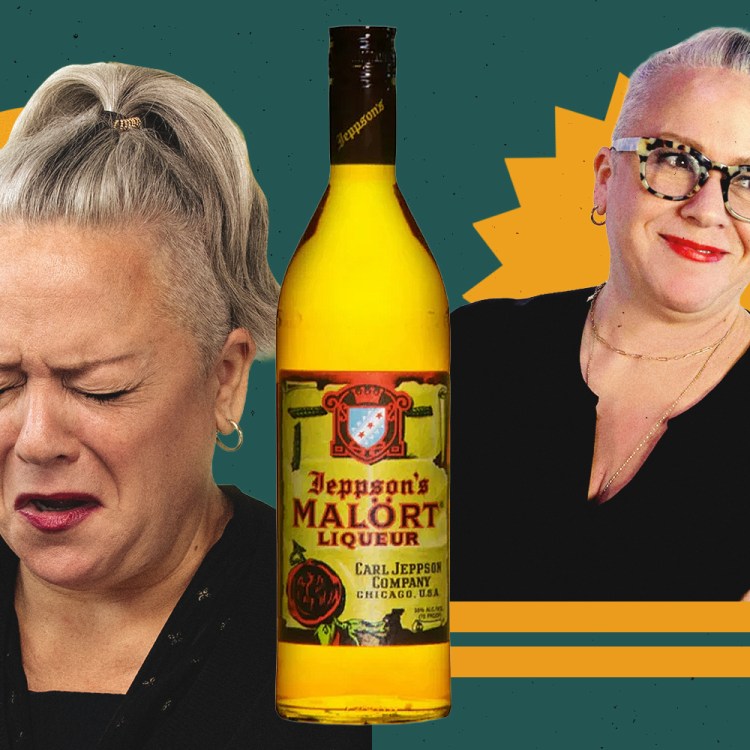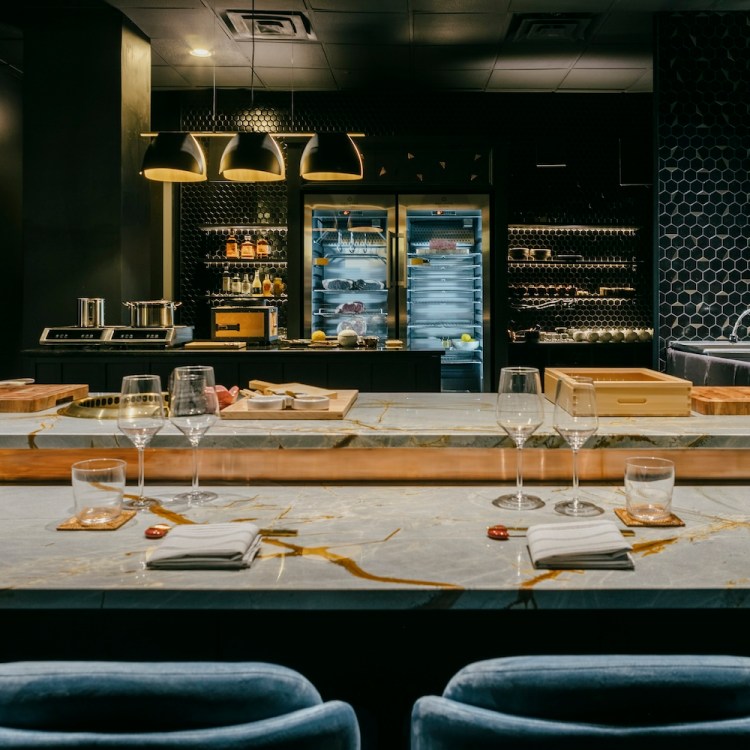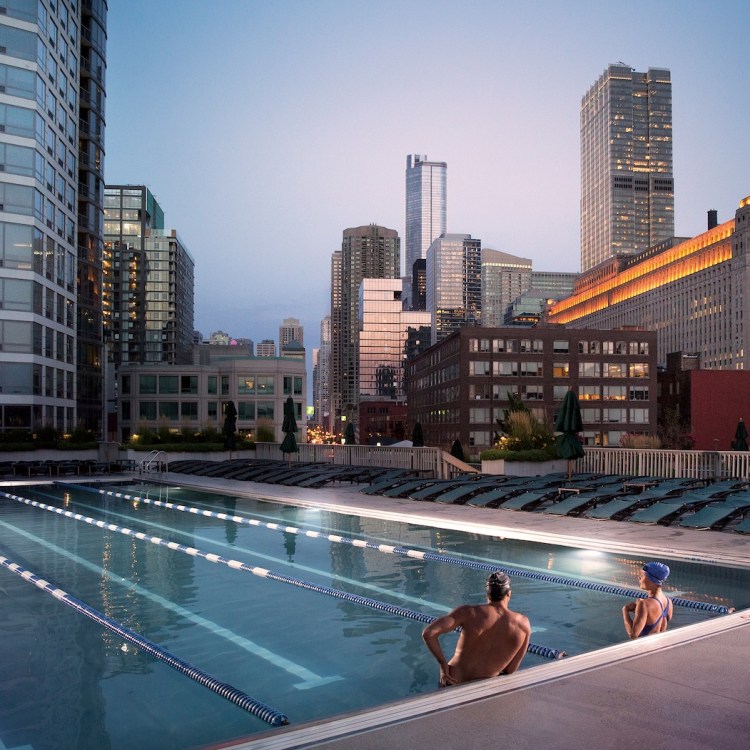Between a growing global health emergency and a fast-moving economic calamity, it can be hard to focus on one crisis at a time. And while it’s been said that “we’re all in this together,” COVID-19 has clearly impacted some people and industries more severely than others.
With concerts shuttered, festivals postponed and the $30+ billion global live music industry on indefinite hiatus, few industries have been harder hit than the music business — particularly small independent artists and local music venues. More than a month into this crisis with no clear end date on the horizon, many music-related businesses remain unsure if they will ever be able to reopen.
We were told months ago that 2020 was supposed to be the “Year of Chicago Music.” Instead, it is turning into a year of unprecedented anxiety and uncertainty. To help us make sense of the current state of affairs in Chicago music, we tapped the knowledge of a virtual roundtable of experts in the field — from local venues and record labels to musicians and recording studios — to find out how they are navigating the current crisis, along with what you can do to help.
Their responses below have been edited for length and clarity.
InsideHook: What does your day look like at the moment and how does that compare with an average day before the pandemic?
Rob Miller, co-founder of local label Bloodshot Records: I spend my days studying magic — trying to figure out how to triage payments to artists, pay bills and keep staff on payroll … Artists are staying busy on their social platforms, so we are doing our part to promote them. We are gaming out different scenarios for the summer and fall. We are working with artists who had albums ready to go and seeing what makes sense moving forward. And we are all doing it isolation … We’re not some big, impersonal company with cubicles and “Hang In There” kitty motivational posters in the break room. We are very much a tight-knit, collaborative and dynamic unit. I miss these people. I miss watching their dedication, their talent, their sense of purpose, of cause. I miss seeing it up close every day. I mean, I like my dog and all, but he is terrible at Photoshop. And the coffee he makes? Just awful.
Robert Gomez, owner of local venues Subterranean and Beat Kitchen, and co-chair of the Chicago Independent Venue League: Every day is filled with anxiety. It’s either a mad scramble to get something submitted for a grant or loan which will never come to fruition or a discussion on how to convince politicians that venues are in a unique and devastating position. Venues were among to the first to get closed and we will most definitely be the last to re-open. Today I had inform my staff that we did not receive the PPP [Paycheck Protection Program loan] and will not be able to pay anyone anytime soon. It sucks.
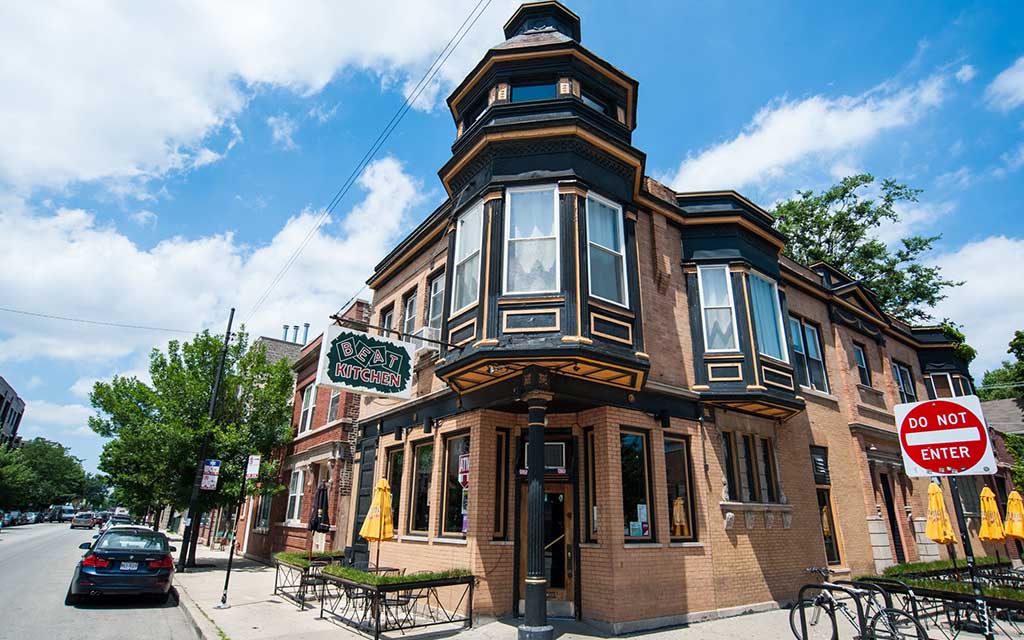
Michael Kolar, founder and head engineer of local recording studio Soundscape Studios: While I am extremely fortunate to still be able to mix for my clients remotely (a service I have been providing for a decade), the new aspect is I spend a lot more of the day sharing my knowledge and love of my craft with people. I consult on how to optimize home studios, I go live on Instagram during mixes to explain my various techniques and tips. I did a virtual studio tour of my facility showing some of my favorite gear and even walked people through how to calibrate a tape machine via social media. It helps bring in some of the missing energy that left when we closed our doors to the public.
Ben Billington, local musician and producer of the monthly Resonance Series at Hideout: My marketing gig that I’ve been at for six years had to reduce staffing by 90%, so I was furloughed three weeks ago indefinitely. It’s not a great feeling, but luckily right when this all started happening I teamed up with Experimental Sound Studio to launch The Quarantine Concerts, a daily streaming concert series focusing on experimental music, dance, sound art, etc. It’s not a full-time job, but the launching of it was a lot of work, and kept us on our toes for the first couple weeks. At this point it’s sort of on autopilot, but we have some bigger projects planned. We’re teaming up with Lumpen/WLPN to stream our concerts on their radio station and we’ve helped them launch their own streaming concert “venue.” We’re bummed that we might not be able to have live concerts for a good long while, but we’ve tried to pivot the best we can so we may serve the artists who rely on live performance as their primary income. It’s been life-affirming, sometimes a bit scary, but ultimately has kept my brain busy and focused during this super tough time.
How are you handling the crisis and what are you doing to survive in the current environment?
Mark Kelly, Commissioner of the City of Chicago’s Department of Cultural Affairs and Special Events: Mayor Lightfoot and I recognize the enormous economic impact the COVID-19 crisis is having on our local artists and the entire arts community, and we’re looking to help them in any way we can through financial and promotional support. 2020 continues to be the Year of Chicago Music, a citywide celebration of Chicago’s diverse and legendary music scene, so we’re pivoting from promoting live music events to virtual ones. We’ve collaborated with Do312 to collect and advertise listings of virtual concerts (do312.com/yearofchicagomusic) and our colleagues at Choose Chicago have curated an exhaustive list of virtual events of all kinds (choosechicago.com/events).
Rob Miller: Overall, I am pleased that I have not given in to stress-drinking and sitting in dark rooms. Otherwise, I am trying to get Bloodshot classified as a cruise ship or an airline so Trump’s kleptocracy will shower us with billions. So far, I think, morale in the early days of this is still fairly high. Fans have been incredibly supportive, both with online ordering and words and messages of encouragement. We are constantly reevaluating the landscape — sometimes on a day-to-day basis — and thinking of ways to promote our artists, keep the business sustainable and viable with the view that this is a problem that will be with us for a long time. And, you know, usually going to see shows is a helpful balm. This is the longest I’ve gone without seeing live music since early in Reagan’s first term.
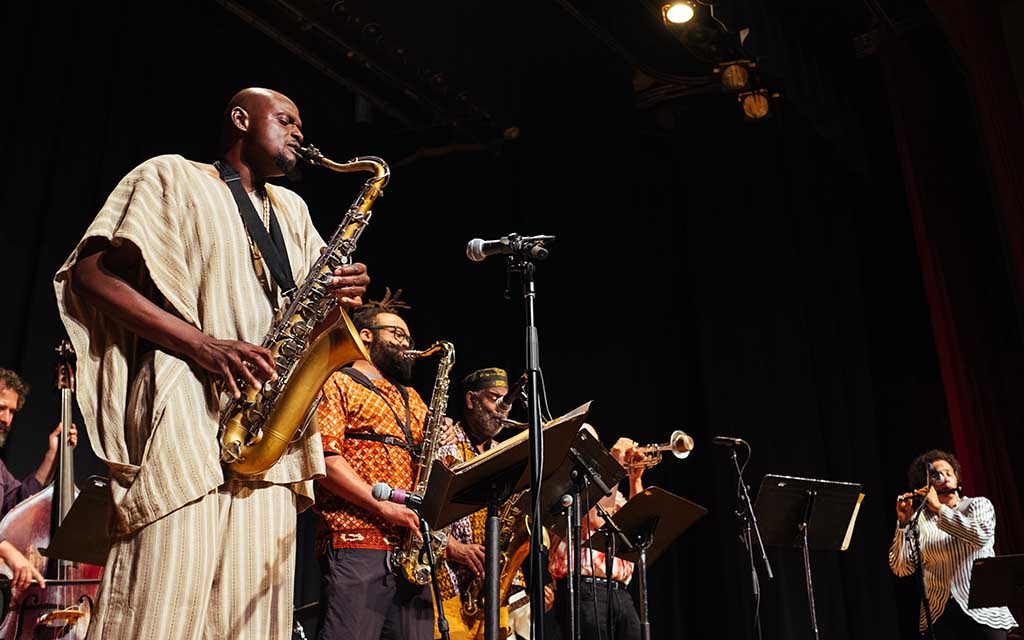
Michael Kolar: To be frank, I have spent 23 years growing and building a studio that all of Chicago can benefit from. So being forced to shut it down, ban people from entering and cutting people off from musical therapy has brought out angry, frustrated emotions within me that at times can overwhelm me. By being of service to the community, it helps those feelings subside. Further, I am mastering, free of charge, one song for any artist that lost their job so they can at least get something up on streaming services to generate income.
Ben Billington: I’m writing a lot of music at home and trying to eat better than I usually do with my busy “running around” lifestyle that rarely allowed me time to cook meals. It’s been nice laying back with my cat and keeping my head on straight. The Quarantine Concerts have been my main project this last month and I’m thankful for that, but I’ve also helped another nonprofit I work with Elastic Arts launch a fundraising effort to support artists who’ve lost gigs due to the crisis.
What is the single biggest struggle you are facing right now?
Robert Gomez: Funds. Without government support, all levels of government not just federal, we’ll never survive this. It’s that simple. They have to step up and recognize we are in a precarious situation, more so than most others.
Rob Miller: Not giving in to the madness all around us and keeping a sense of optimism. The craven, cruel lying and ass-covering from above. The open mendacity. The presidentially sanctioned absence of empathy. It’s all too easy, in isolation, to crawl down internet rabbit holes and look up four hours later with a roiling ball of rage in your gut. I also struggle with just how bad I feel for all the artists: all the plans, all the effort, all the expectations and opportunities that are dying on the vine. This racket is hard enough on a good day, and you plan for every contingency, you work for any scrap of attention in the hyperactive media landscape, and then this bucket of shit gets dumped on them. It’s tempting to roll over and let the impotency rule the day — and I’ve had those days — but then I remember how much music means to people and I find a way to dig back in.
Michael Kolar: Being a community-based creative collaborative space that is no longer open to the community is sometimes far too ironic to swallow. For over two decades, Soundscape has been where multiple generations of Chicago artists (and beyond) have come to learn their craft, network with the community and record their musical legacy. While home recording can at times be advantageous or more cost-effective, it can never replace the creative collaborative energy that a proper, well-equipped, fully built-out studio can accomplish.
Mark Kelly: We’re struggling to provide the resources our artists and arts organizations so desperately need at this difficult time. To that end, Mayor Lightfoot and DCASE recently awarded the 2020 Individual Artists Program grants (ranging from $850 to $5,000) to 158 Chicago-based artists, 66 of which are from the music sector — and, new this year, $10,000 Esteemed Artist Awards to 13 individuals, including seven musicians … Additionally, later this year through our 2020 CityArts Program, DCASE will award $1.7 million in grants to cultural organizations who need our support now more than ever.
What do you think the Chicago music scene will look like a year from now and how do you think it might be different?
Rob Miller: Absent a quick and magical end to this, or any coherent relief plan that benefits, in the fashionable parlance of the day, Main Street instead of Wall Street, there will be a metaphorical bloodbath among clubs, record stores, bookstores, record labels, studios, booking agents, etc. In short, the whole ecosystem that supports the independent arts “industry” is in great peril. Online fundraisers, virtual tip jars, web orders or delivery, are all well and good, but they are not sustainable substitutions for a fully functioning society. My great fear is that we are watching the early days of vibrant, personal, independent communities that took years to develop being wiped away, and that the only entities surviving will be the biggest, most impersonal, most ruthless and most monolithic ones. A thoroughly depressing prospect.
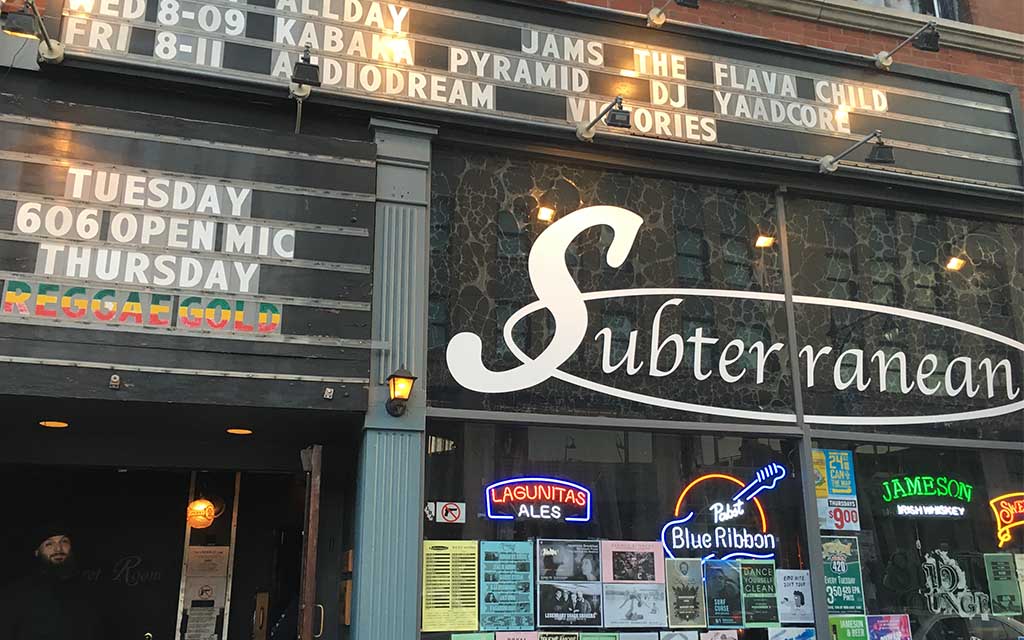
Robert Gomez: Fuck, I hate this question. It’s really asking, “How many of us won’t be around next year?” Or “Who’s going to go under?” I suspect we won’t all be able to weather the storm. I hope that’s not the case. And for those of us that do, at least I hope I’m among them, we’re looking at lower attendance than ever before and a very slow ramp-up period. This is far from over.
Michael Kolar: In some ways, the same: strong, tenacious, fiercely independent and uniquely Chicago. The downside is in an increasingly online world, artists still need shows, meet and greets, tours and other in-person events to truly ingrain themselves in the musical consciousness of their fans. If you think it’s tough keeping a recording studio open during COVID, try a music venue or Chicago-based clothing boutique.
What’s the best thing people can do to support your business?
Mark Kelly: We invite Chicagoans and Illinoisans to support our arts relief efforts. Mayor Lightfoot and Governor Pritzker recently announced a new Arts for Illinois Relief Fund to provide financial assistance to artists, artisans and cultural organizations impacted by COVID-19. The fund (which started at $4 million, including $1 million contributed by DCASE) is a partnership between the city, the state and the broader philanthropic community. Local artists and cultural organizations need our support. To donate (or to apply starting May 4), visit ArtsforIllinois.org.
Michael Kolar: While we can no longer work with clients in person, by sending us your recordings to mix and master, we can survive the shelter in place and be ready to serve the community once we are allowed to open our doors again. Also by continuing to stream Chicago artists, you can ensure our client base can thrive as well.
Rob Miller: It’s quite simple: direct support. Buy merchandise from us or the artists. Sure, it might be easier and quicker to do it from Amazon, but don’t they own enough of the world already? They will be fine at the end of this, if there is an end of this. Spending a boatload on streaming movies and music? Again, all these companies will be fine without you for a bit. Take some of that money and move it towards businesses and artists in your area you care about. Tiger King or Rookie’s new album? To me, the choice is clear.
This article was featured in the InsideHook Chicago newsletter. Sign up now for more from the Windy City.
